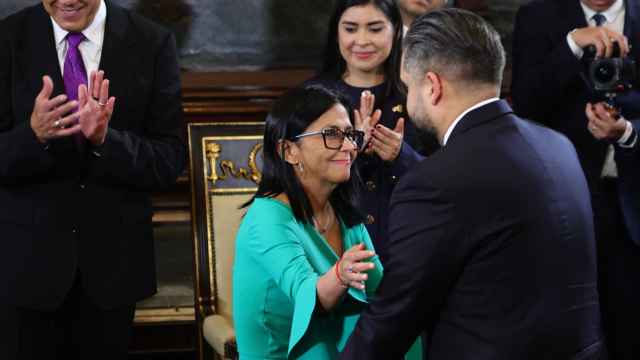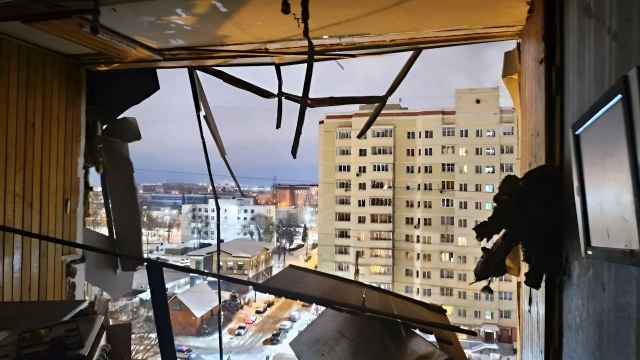TBILISI — Georgia's parliament has branded the 19th-century killings of the Muslim Circassian minority by Russia's tsarist forces as genocide in a resolution likely to further strain Tbilisi's ties with Moscow.
Originally from the northwest Caucasus, Circassians say 1.5 million of their ancestors were systematically killed in a 1860-64 military campaign to conquer the Caucasus Mountain area on the southern border of today's Russia.
The deaths were recorded by Russian imperial historians in 1864. No nation has recognized them as genocide.
"We as representatives of the Georgian people should end the 150-year sufferings of the Circassians and restore their rights," said Nugzar Tsiklauri, head of a parliamentary committee for relations with diasporas and Caucasus nations.
The resolution is likely to strain relations between Russia and Georgia and could increase tensions over the 2014 Winter Olympics in Sochi, a city in what the Circassians consider their historic homeland.
Members of the Circassian diaspora are demanding that the Sochi Games be canceled or moved unless Russia apologizes for what they say was genocide against their ancestors. Some Circassian leaders are demanding autonomous territory within Russia.
Earlier this year President Dmitry Medvedev pointed to Georgia as a potential security threat to the games.
Tsiklauri presented a draft of the resolution, which said: "Killings and deportations of Circassians during the Russia-Caucasus War should be recognized as genocide and ethnic cleansing."
Deportations and turmoil led many Circassians south to Turkey and elsewhere, and their 7 million descendants are spread across the world from the United States to Jordan to Israel. About 700,000 remain in the northwest Caucasus.
The closest the Russian government has come to apologizing for the bloodshed was in 1994, when President Boris Yeltsin acknowledged that resistance to tsarist violence was legitimate.
A Message from The Moscow Times:
Dear readers,
We are facing unprecedented challenges. Russia's Prosecutor General's Office has designated The Moscow Times as an "undesirable" organization, criminalizing our work and putting our staff at risk of prosecution. This follows our earlier unjust labeling as a "foreign agent."
These actions are direct attempts to silence independent journalism in Russia. The authorities claim our work "discredits the decisions of the Russian leadership." We see things differently: we strive to provide accurate, unbiased reporting on Russia.
We, the journalists of The Moscow Times, refuse to be silenced. But to continue our work, we need your help.
Your support, no matter how small, makes a world of difference. If you can, please support us monthly starting from just $2. It's quick to set up, and every contribution makes a significant impact.
By supporting The Moscow Times, you're defending open, independent journalism in the face of repression. Thank you for standing with us.
Remind me later.





